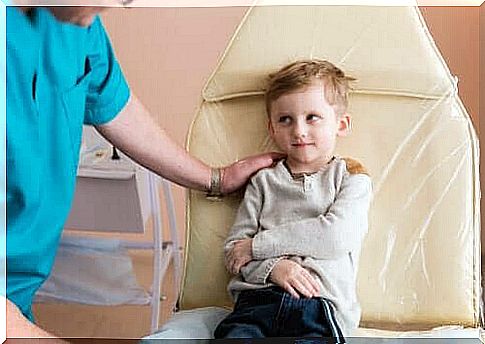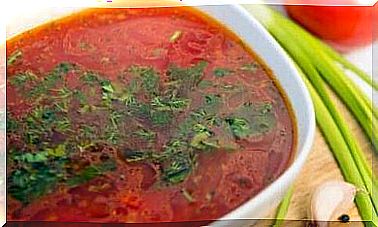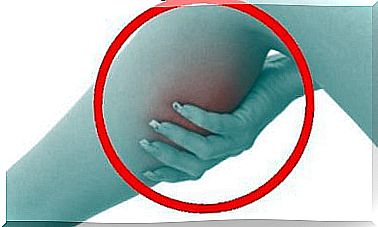The Nephrotic Syndrome In Children

The number of children with nephrotic syndrome is about 15 cases for every 100,000 children, according to the Spanish Pediatric Association . What exactly is this disease? What are the possible causes and treatments? In this article we tell you all about it.
What is nephrotic syndrome in children?
To understand what this syndrome is, we must first explain how your kidneys work. These two bean-shaped organs are located just above the hip. In fact, they are responsible for filtering the blood to:
- Remove waste from the body, including excess water.
- Restoring elements such as potassium, phosphorus and sodium and returning them to the bloodstream.
Each kidney has about a million nephrons. These are small organs that have a filter called the glomeruli. The glomerulis are responsible for clearing and filtering the plasma in your blood. If it doesn’t work properly, you can pass too much protein to your kidneys.
One of the functions of proteins, and albumin in particular, is to keep fluids in the bloodstream. When proteins pass into the urine (the mixture of excess water and waste), the fluids ‘escape’ from the blood and can cause swelling in your limbs, arms, hands and other parts of the body.
Symptoms of Nephrotic Syndrome in Children

Children suffering from nephrotic syndrome have, in addition to having extra protein in their urine, a sudden increase in weight and swelling of their abdomen, face (especially around the eyes) and limbs. In the latter case, this mainly causes swelling in their ankles and toes after standing or sitting for a long time.
While these are the most important and obvious symptoms, they are not the only ones. Children with this condition may also have:
- Diarrhea
- Problems with urination
- Dark and foamy urine
- Fatigue
- Stomach ache
- White skin around the nails
- Decreased appetite
Three causes of nephrotic syndrome in children

The nephrotic syndrome in children is idiopathic. In other words, idiopathic means doctors aren’t sure what causes it in 90% of children ages 2 to 12 who suffer from this disease. Read a Spanish article about the nephrotic syndrome here.
Usually , these children have kidneys that resemble normal kidneys. That is, doctors can’t see what’s wrong with their kidneys, even under a microscope. The kidney tissue looks normal and it is usually impossible to determine the cause.
The second most common cause in children is juvenile diabetes. This can damage the kidneys by affecting the glomeruli and preventing them from deciding what is waste and what is useful.
The third cause is genetic mutations. In general, nephrotic syndrome is considered genetic. However, in children under 12 months old, it is considered a congenital nephrotic syndrome.
Possible treatments

If you think your child has nephrotic syndrome, see your doctor. Then he’ll probably want to take a urine sample to see if there’s any excess protein.
After that, your doctor will try to determine the causes in order to choose the best possible treatment. In addition, he may want to do blood work and even a kidney biopsy. With the biopsy, he will analyze a small tissue sample.
Usually, the nephrologist will recommend corticosteroid treatment, except in congenital cases. If there are side effects with this type of medication, your doctor may also try other types, such as cyclophoshamide or anti-calcine urics.
In addition, your doctor may suggest using diuretics to treat swelling. For the same reason , low sodium diets are ideal for children who suffer from this condition.
Many children with genetic nephrotic syndrome usually do not respond to treatment. However, there is research that suggests that immunosuppressants may work in certain patients. Ultimately, your doctor will find the best treatment for your child’s specific needs.
If you think your child has nephrotic syndrome, call your doctor. He will then let you know if you need to make an appointment with a nephrologist. As we always say: no one can advise you better than a specialist.









